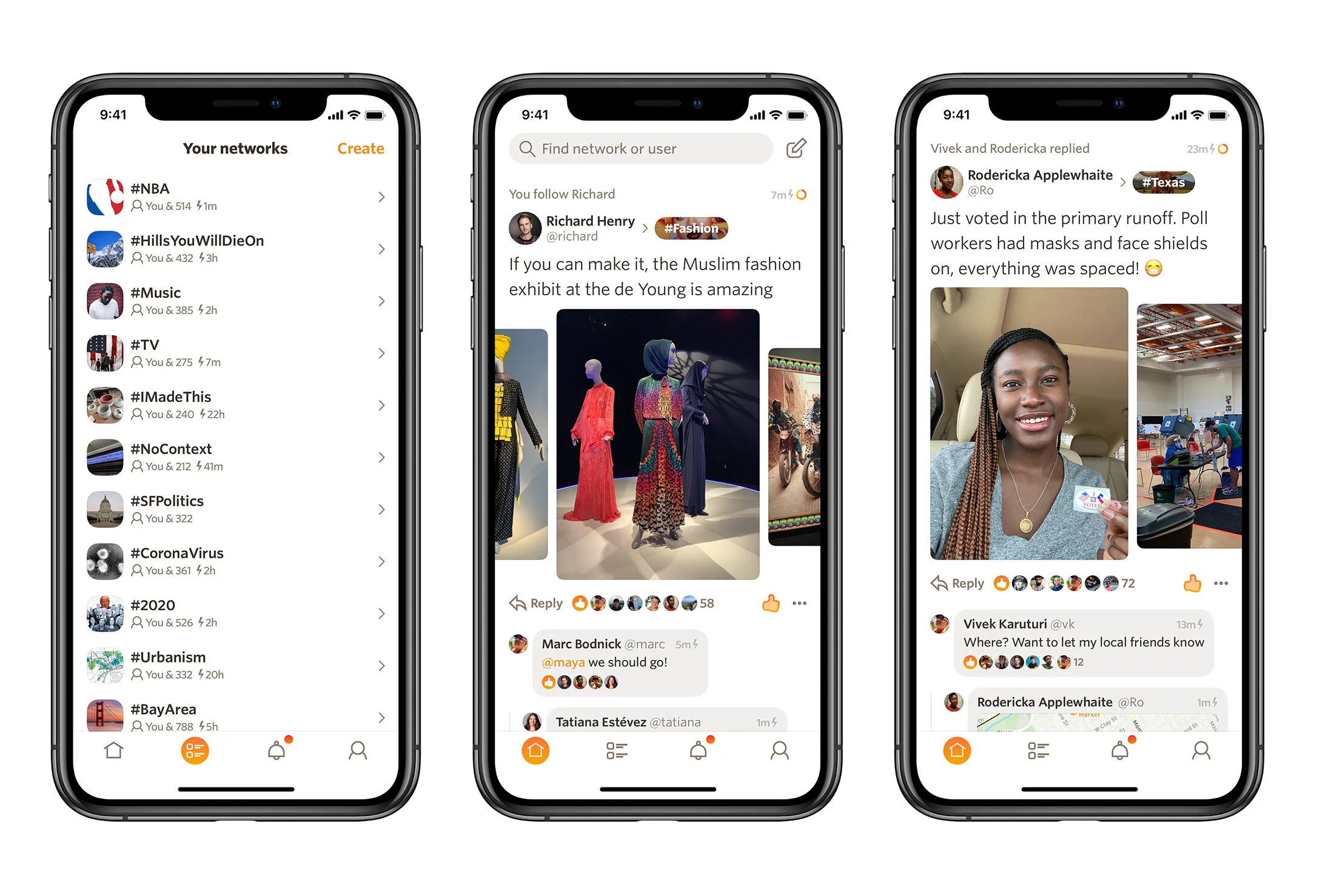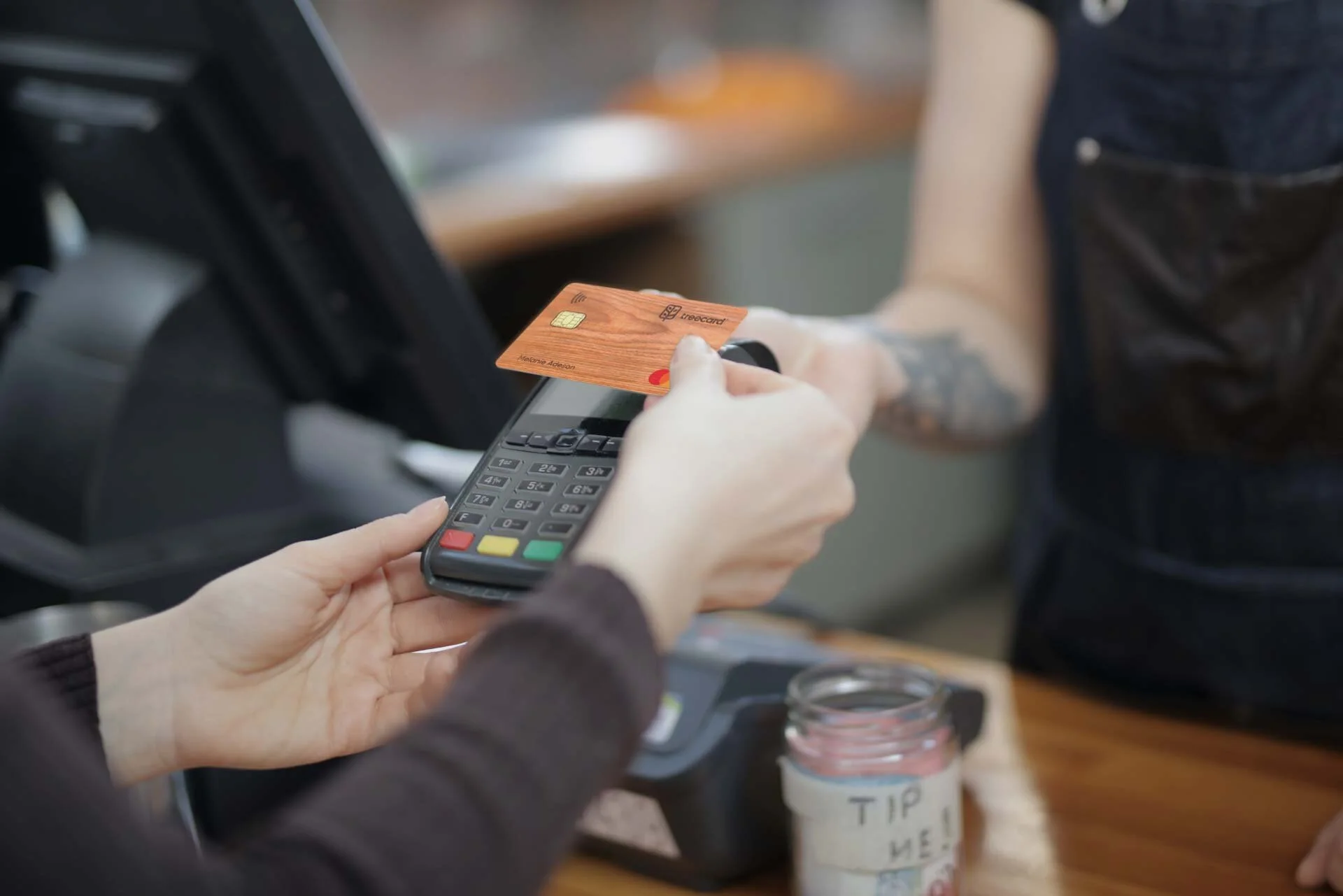Pinduoduo — for making shopping social
Pinduduo brings a new emotion to an online shopping experience that has mostly lost its luster. It could change e-commerce forever.
Earlier this year, in a totally legitimate non-smokescreen that was in no way intended to distract from poor polling numbers, TikTok suddenly became public enemy number one. It seemed that the teens’ dancing and stupidity app of choice was now a national security threat.
TikTok needed a buyer if it were to be allowed to keep entertaining Americans during 2020’s annus miserablis. Up stepped the great and the good of the tech world, each of them looking for a cut-price piece of the incredibly entertaining platform and the killer algorithm that makes the app so addictive. But amongst the Apples, Oracles, Alphabets and Microsofts, one name stood out: Walmart.
What on earth did the big box retailer want with a kid’s entertainment app? It was a question that had many people theorizing… Was it in response to Amazon’s expansion away from retail and into more places in our lives, including entertainment, as the next stage of Walmart’s VUDU platform? Was it a way of trying to create more relevance with a younger audience? Was it just to stop someone else from acquiring it?
An interesting theory came from Zoe Scaman on Twitter, and I think it makes a lot of sense.
Walmart wants to create a US version of Pinduoduo.
Pinduoduo (PDD) is the largest interactive e-commerce platform in China… and therefore, the world, and the brainchild of Colin Huang, an ex-Google engineer. Huang wanted to blend the success of e-commerce platforms like Alibaba, with the fun and engagement of social media, specifically networks like WeChat.
Similar to how Tinder applied the rules of gaming to dating, PDD has applied the rules of social to e-commerce and made shopping a game that users can play with friends. In doing so, PDD has changed the category from B2C to C2B -- a business model where consumers, not companies, dictate the terms of sale.
The Pindudoduo experience ends up like a blend between Amazon, Groupon, eBay and Facebook.
Here’s how it works:
Shoppers form teams and post product listings for the items that they are after. If you see something you like, you can join that team, helping to drive the price down (a bit like the bulk buy model of Groupon).
You can help push that price down further by getting more people involved in the purchase, either by sharing on your feed or sending the link out to people you know.
The more people get involved, the more the link gets pushed to people’s homefeeds (or on WeChat). The algorithm promotes deals it thinks you will like based not on what you’ve bought before, but what people are getting excited about (something that TikTok is excellent at doing).
So while bulk buying is nothing new, the social activity behind it, where you effectively team up to “win”, creates an entirely different buying experience.
PDD is not new. The company launched in China in 2015 and floated on NASDAQ in 2018 (one of the biggest IPOs of the year). But with e-commerce becoming increasingly important, a trend accelerated further by the pandemic; the opportunity to challenge the existing approach to buying and selling online is fascinating.
Last year, we interviewed Simon Beckerman, the founder of Depop, who said that “buying stuff from big companies is not exciting anymore”. In the pursuit of efficiency, e-commerce has failed to replicate the fun that shopping used to have.
PDD (or the Walmart lead equivalent of it) could revolutionize the world of e-commerce by bringing a new experience and new emotion to an online shopping experience that has mostly lost its luster. Pinduoduo could be the next big challenger retailer.





















